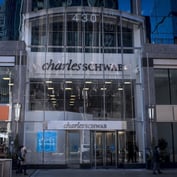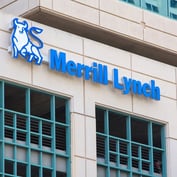American International Group (AIG) has begun the process of downgrading its thrift unit to a trust bank.
The move is the first apparent action by AIG following its July 2 acceptance of its designation as a systemically important financial institution (SIFI).
AIG first disclosed last October that it was planning to divest the thrift, which is based in Wilmington, Delaware.
AIG CEO Robert Benmosche said it was doing so because of restrictions operating a thrift would impose on the company’s operations through the Volcker rule.
It delayed doing so, however, because until it became a SIFI earlier this month, operating a thrift was the only way it could stay federally regulated after the government sold all its stock in AIG last fall.
It has been regulated by the Federal Reserve Bank of New York as a thrift holding company since September. The New York Fed is apparently the consolidated regulator of AIG as a SIFI.
A number of insurers that operate thrifts have deregistered their thrifts, with a few notable deregistrations in 2012. These include Prudential Insurance, Northwestern Mutual, Massachusetts Mutual Insurance Company and W.R. Berkley.
The Principal Financial Group, Inc. is in the process of doing so, and says it is on track to s to have the deregistration process completed by year-end. Once the Fed agrees that The Principal may deregister its four savings & loan holding companies, The Principal Financial Group will no longer be subject to Fed supervision, a spokeswoman for the company said today. It hopes to do this after the Principal Bank has been approved as a limited purpose trust savings bank. Principal Bank, however, will continue to be regulated by the Office of Comptroller of the Currency (OCC), she stated.
It also must hold at least 99 percent of its deposit in a trust or fiduciary capacity, except for the amount needed to maintain deposit insurance with the Federal Deposit Insurance Corporation.
In a July 24 letter to customers, obtained by the National Underwriter, AIG Federal Savings Bank said it would no longer be servicing retail deposit accounts as of September 30. The letter said all accounts will be automatically closed as of that date and any funds, “Including all interest due on your account(s), will be returned to customers.”








 July 30, 2013 at 08:58 AM
July 30, 2013 at 08:58 AM










